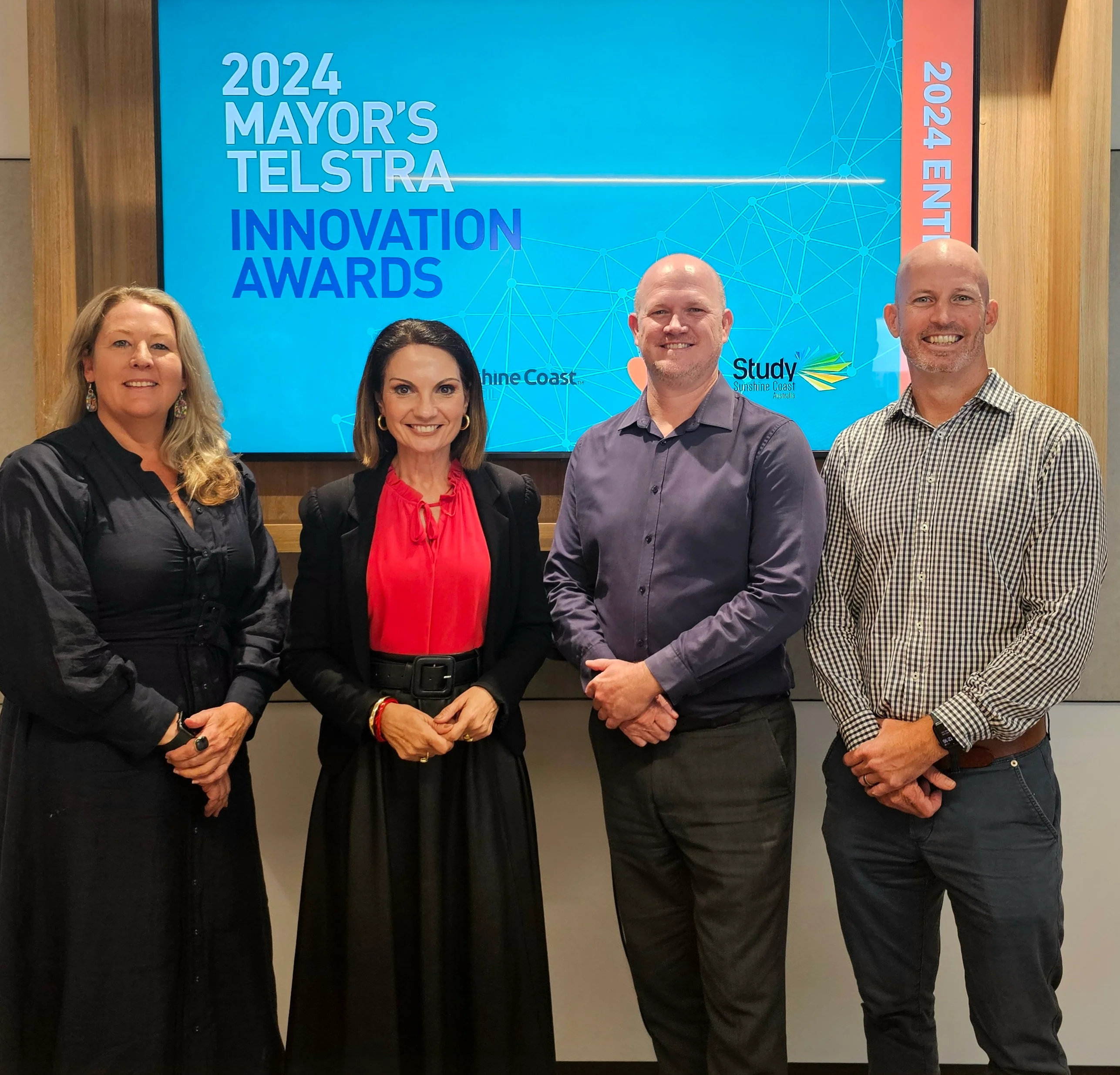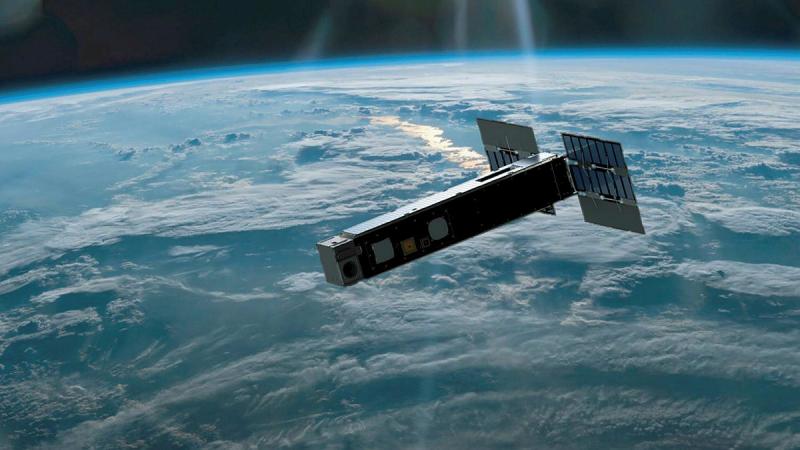Password: koala3478
Councils will be able to increase the revenue they can collect from rates by a maximum of 2.6% in 2020 21 under the rate peg announced today by the Independent Pricing and Regulatory Tribunal (IPART).
IPART Chair Dr Paul Paterson said the main drivers of the increase for next year are higher employee costs, and rising construction costs. Some of these increases have been offset by falling telecommunications, IT and energy costs.
The rate peg for 2020-21 is similar to the rate peg in recent years, which is 2.7% currently and was 2.3% last financial year.
“Our decision to release it three months earlier than in previous years, enables councils to better plan both their revenue and expenditure over the year ahead,” Dr Paterson said.
The rate peg is set by IPART each year by measuring changes in the Local Government Cost Index (LGCI), which includes changes in 26 cost components to establish the average costs faced by councils. Councils will be invited to participate in updating the LGCI in November 2019.
IPART has recognised that councils are facing cost pressures from increases in the Emergency Services Levy, which is one of the cost components in the index. Dr Paterson said, “Bringing forward councils’ ability to recoup costs associated with the Emergency Services Levy to the year after they are incurred, instead of two years later, will help councils adjust to these costs.”
Dr Paterson said the rate peg affects the general income councils can collect, which for most councils is solely from rates. Councils have discretion to increase general income up to the rate peg, by less than the rate peg or not at all. Actual rates are also impacted by property valuations.
“Since the rate peg applies to general income in total, and not to individual rate assessments, it is up to each council to determine whether to apply the allowed increase in full and how to allocate any increase between households, businesses and other ratepayer categories,” Dr Paterson said.
“Similarly, if councils want to increase their revenue by more than the rate peg, they will need to consult with their communities before applying to IPART for a special variation.”
Councils wishing to apply for a special rate variation must notify IPART by 29 November 2019.
A fact sheet on the rate peg is available on IPART’s website: www.ipart.nsw.gov.au.
/Public Release.








